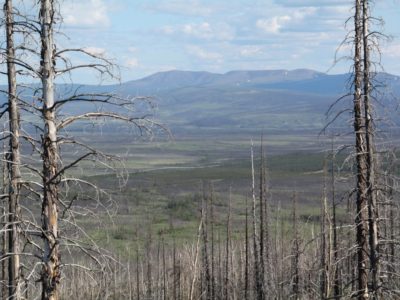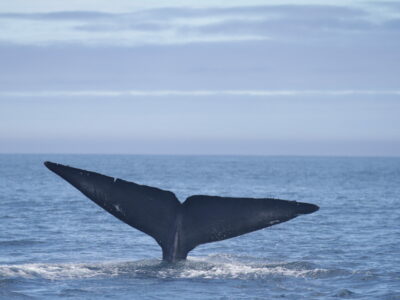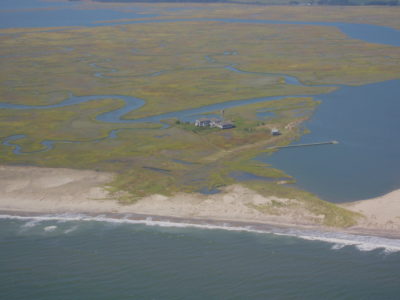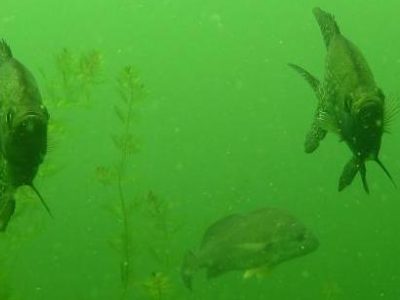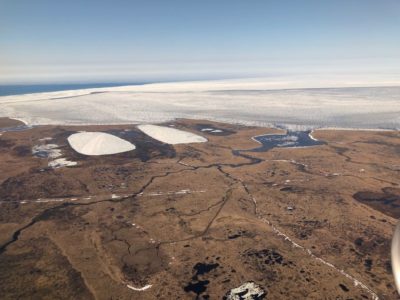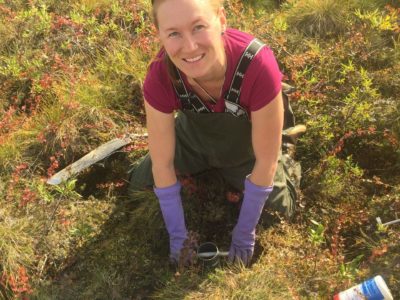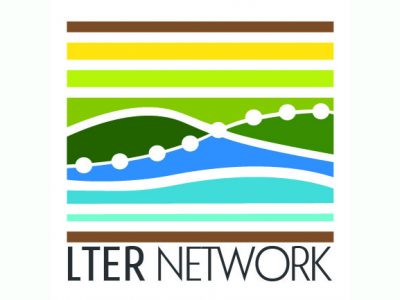Wildlife Friendly Cities in the face of Covid-19

Credit: Laura Templeton We’ve all spent the majority of 2020 stuck inside. As we’ve been staring out our windows longing to return to our ‘normal’ lives, where we can meet co-workers in the coffee room or catch up with our favorite podcasts on our commute, we might have noticed some interesting wildlife behavior. Maybe we… Read more »


